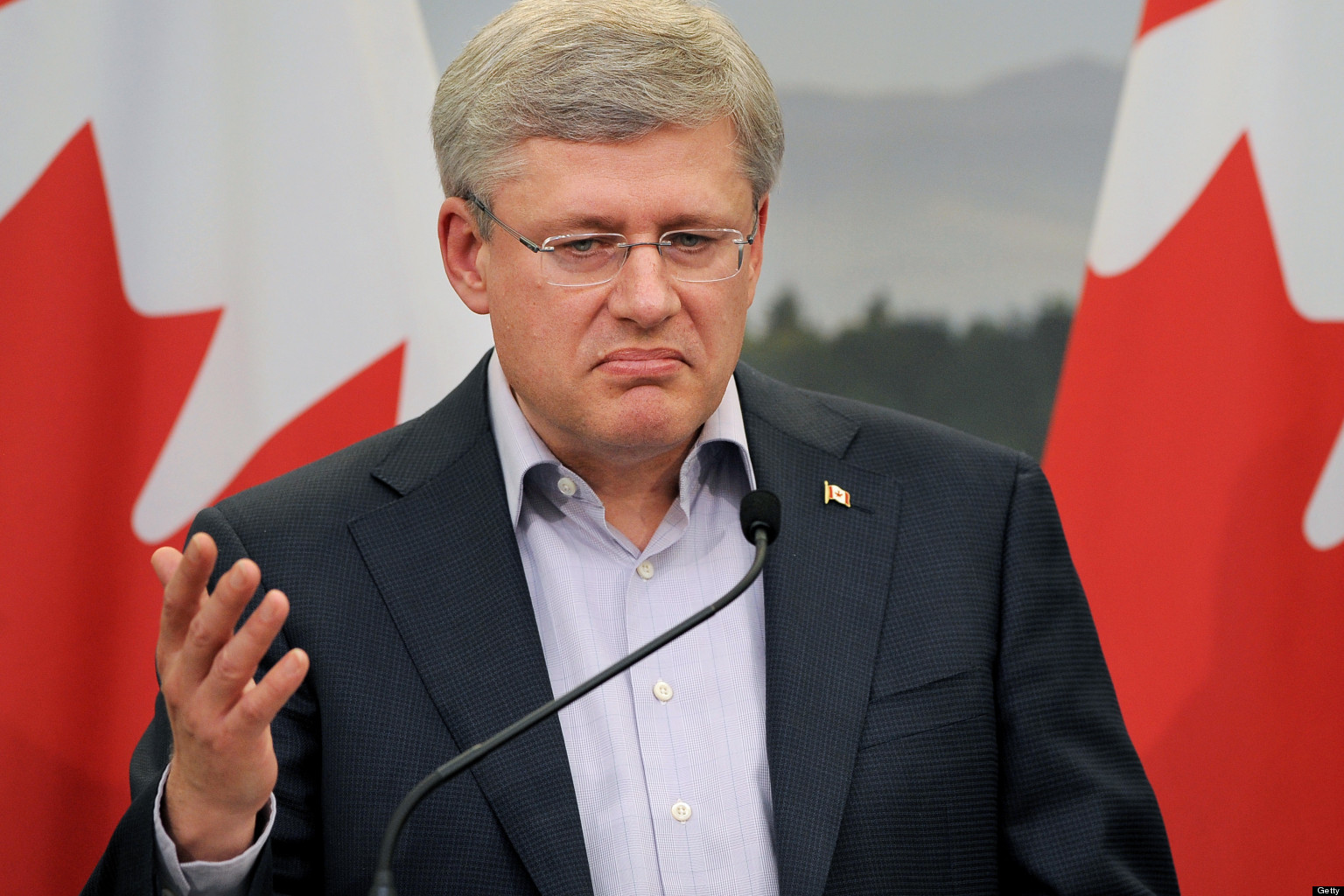Stephen Harper has been prime minister since February 2006. They have been eventful years, but some day – if not next month or next year or a year or two after that – the Harper era will come to a close.
The Prime Minister may decide enough is enough and choose to retire while the cheers of his grateful party still resonate on Parliament Hill. Or he may lose an election (the next one is due in October 2015) and leave before he is pushed. Or he may stay too long and be pushed.
He may opt for a soft landing in Boardroom Canada. Or he may do what other former leaders have done: lend their name to the letterhead of a big law firm to open doors for corporate clients – in other words, become a pricey lobbyist. Or he may hire a scribe to help him write his memoirs (and settle scores), as Jean Chrétien and Brian Mulroney have done and as Dalton McGuinty is doing now. Or Harper could hold his nose and appoint himself to the Senate of Canada, an institution that he may hold in low esteem, but which still pays a living wage with benefits and expenses.
However it happens, the Harper years will end. When that happens, the Harper legacy file will be passed from the pundits, pollsters and political scientists to the historians. What will their verdict be?
Will they place him in the upper tier of prime ministers, with John A. Macdonald, Wilfrid Laurier, Mackenzie King and perhaps Robert Borden and Pierre Trudeau? Will they put him in the mid-range along with Mulroney (Airbus scandal aside) and Chrétien? Or will he find himself sharing the bottom shelf with the likes of John Diefenbaker?
His advocates will draw attention to his handling of the Canadian economy since the market meltdown of 2008. True, Canada weathered the storm better than most, and no Canadian banks collapsed, but how much of that survival was due to the wise stewardship of the Harper government and how much was due to laws and regulations put in place by previous administrations? That’s a question for the historians to ponder.
They may note that the Canadian economy has not rebounded as quickly as the Americans’, that the country is still bleeding manufacturing jobs, and that the national unemployment rate remains unacceptably high. They may or may not be impressed by the various iterations of Harper’s “economic action plan.”
Their verdict of the Harper government’s performance on the world stage is likely to be more definitive. Canada lost more than a seat on the United Nations Security Council; on Harper’s watch, it has lost influence everywhere, most notably in the Middle East where, since the days of Lester Pearson, Canada had played a significant role.
Foreign Minister John Baird’s hectoring tone is more irritating than effective. Harper’s little punch-up with Russia’s Vladimir Putin may be good politics domestically (although I doubt that), but it is silly and irrelevant internationally.
At home, historians may observe that the political atmosphere has changed for the worse on Harper’s watch. Confrontation has replaced cooperation on many fronts. This is a government that picks fights with the courts, the opposition and even the Senate. It no longer holds first ministers’ meetings with the provinces; Harper either doesn’t respect the premiers or want to share a national stage with them, or he doesn’t think he needs their support for most things he wants to do.
He tried to get away with disenfranchising thousands of voters with his ill-named Fair Elections Act. His administration thinks it can somehow make prostitution go away, no matter what the courts and the Charter may say. Sometimes his ministers seem more incompetent than arrogant. They can’t figure out how to bring competition to the wireless sector. They can’t organize a proper, open procedure for the purchase of new aircraft for the Royal Canadian Air Force.
Historians may be less than impressed.
Cambridge resident Geoffrey Stevens, an author and former Ottawa columnist and managing editor of the Globe and Mail, teaches political science at Wilfrid Laurier University and the University of Guelph. His column appears every Monday in Waterloo Region Record and Guelph Mercury. He welcomes comments at [email protected]



